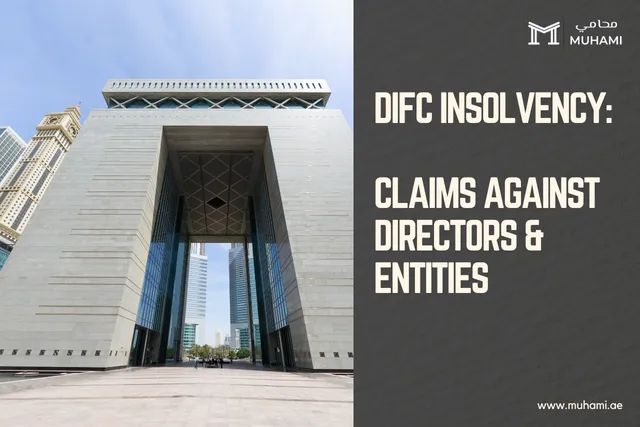Economic Social Governance (“ESG”)

ESG initially began with the financial industry to ensure investments are ethical, the associated risks explained to investors and to reduce disputes by investors. ESG is now a global reporting initiative used as a commitment for factors such as, diversity, emissions and supply chain diligence by a variety of large companies and organisations. This in turn, allows investors to address a broad range of factors such as integrity in the performance of the companies they are investing in etc... Investors usually expect ESG data and information about a company’s performance to be voluntarily and publicly available, enabling investors to compare operational data between companies, which is updated annually and have a better understanding of the sustainable performance of an organisation. ‘Economic’ is a measure investors look for of an organisation's impact on the environment, including its carbon footprint and its impact on production of wastes and pollution. Organisations are expected to minimise risk. ‘Social’ measures investors look for are how an organisation treats for example, its employees, customers and supply chain. ‘Governance’ measures investors look for are how an organisation audits risks, failures and shareholder rights. Organisations are also expected to maintain ethical business practices and create value for compliance. Currently, the growth of ESG, as well as the introduction to mandatory reporting standards for large organisations in the UK (the UAE is strengthening its regulatory reporting framework) has led to a rise in regulatory actions against offending companies for example, supply chain due diligence for modern slavery, child labour, human rights and environmental impacts in operations. Transparent reporting is therefore important. If litigation actions are taken owing to flaws detected, open transparency and risk mitigation strategies going forward should preserve an organisation’s reputation. Organisations must refrain from ‘greenwashing’, that is exaggerate their credentials and continue to comply with current regulatory requirements as well as manage future risk.
Any Questions?
Connect with lawyers and seek expert legal advice
Share
Find by Article Category
Browse articles by categories
Related Articles

What to Do When Your Landlord in Dubai …
When Your Landlord in Dubai Ghosts You Over Your Deposit That Silent Treatme…

What to Do When Your Landlord in Dubai Ghosts You…
When Your Landlord in Dubai Ghosts You Over Your …

DIFC Insolvency Proceedings
Insolvency in the Dubai International Financial Centre (DIFC) can be complex, e…

DIFC Insolvency Proceedings
Insolvency in the Dubai International Financial C…

Intellectual Property Law in the UAE: A…
Warren Buffett famously said he only invests in businesses with “moats&rd;…

Intellectual Property Law in the UAE: A Closer Lo…
Warren Buffett famously said he only invests in b…
